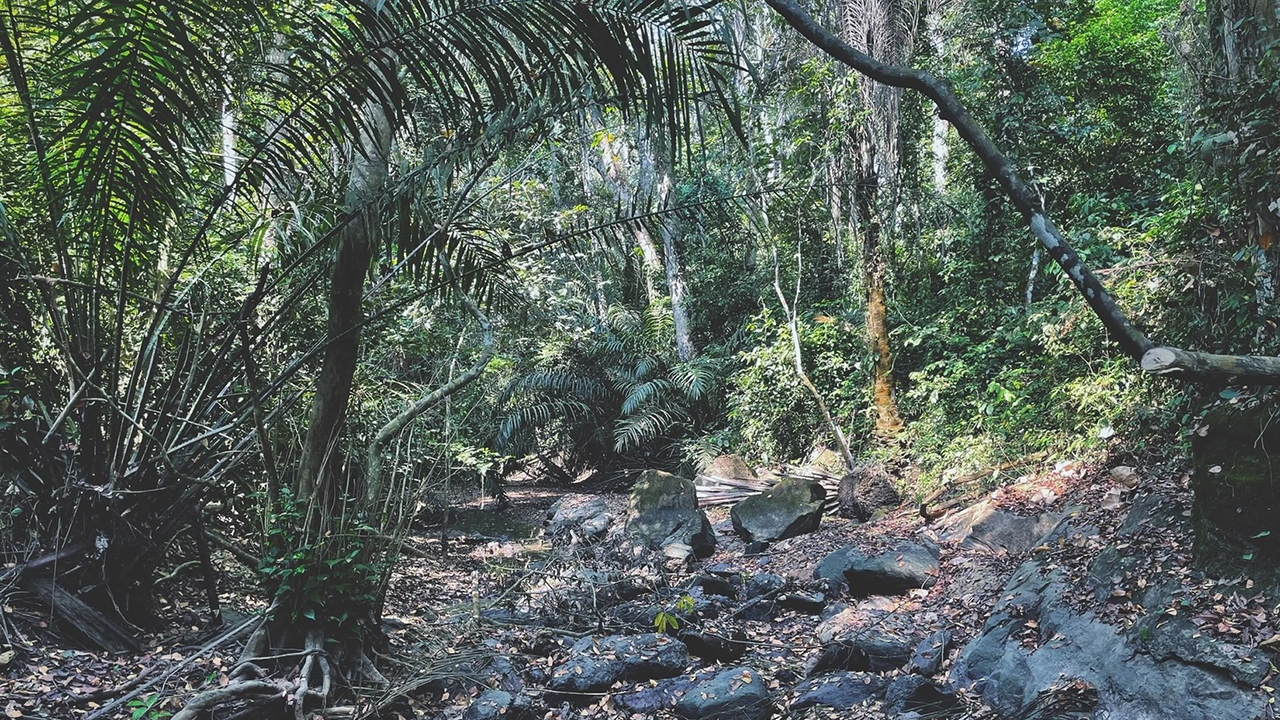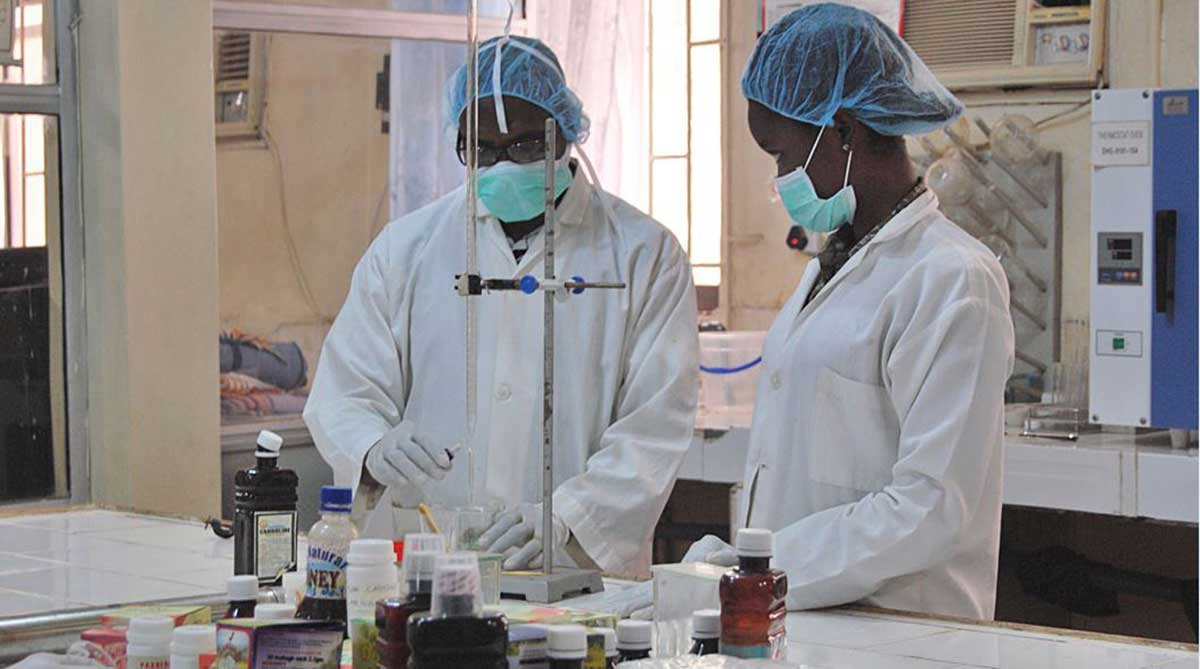
A significant shortfall in trained farm auditors, inspectors, and assessors in West Africa, has created a critical gap limiting the region’s ability to ensure food safety, quality control, and sustainable agricultural practices.
According to a report released by Granjero Nigeria, an expert farm standardisation and agricultural practices consultant, titled: “Creating Access-to-Market from African Farms,” the number of certified farm auditors and inspectors in West Africa is significantly lower compared to developed regions like Europe and North America.
“The Food and Agriculture Organisation (FAO) and International Federation of Organic Agriculture Movements (IFOAM) suggest that, as of the last decade, fewer than 1,000 trained agricultural auditors operate across the entire West African region.
“Most auditors and inspectors work with major certification bodies such as GlobalGAP, Fairtrade, and Rainforest Alliance, primarily in countries with stronger export industries like Ghana, Côte d’Ivoire, and Nigeria. These organisations focus heavily on export crops like cocoa, coffee, and palm oil.”
While noting that local and national governments in the region typically lack the infrastructure to conduct regular farm inspections, the report revealed that Nigeria has fewer than 100 agricultural inspectors in the public sector, responsible for overseeing the entire country’s vast farming regions.
“In contrast, in countries like Ghana and Senegal, there are specific initiatives aimed at increasing the number of inspectors for export certification. Ghana’s Cocoa Board (COCOBOD) employs a network of quality control officers to inspect cocoa farms, but even this is limited compared to global standards.”
In the report, it is argued that less than 0.1 per cent of agricultural land in West Africa is certified organic, primarily due to a lack of auditors and inspectors capable of providing certification, compared with over two per cent in developed regions like Europe.
“Fairtrade International reported that only around 300,000 West African farmers were working under certified Fairtrade conditions by 2020, a low figure given the region’s population and agricultural workforce.
“Some countries like Ghana and Côte d’Ivoire have attempted to improve agricultural practices through government-sponsored auditing programmes. However, in most West African countries, agricultural inspection services are grossly underfunded and under-prioritised.
“In Nigeria, for example, a 2020 report by the Nigerian Agricultural Quarantine Service (NAQS) revealed that less than 30 per cent of farms intended for export markets are subject to routine audits or inspections. This leaves the majority of farms without adequate monitoring,” the report read.
While noting that most of the functional auditing and inspection systems in place in the region are the result of foreign investment or international bodies stepping in to fill the gap, the report regretted the region’s heavy reliance on international bodies.
“Organisations like the World Bank, USAID, and European Union have often funded programmes that provide auditing and certification for farms looking to export products like cocoa, cotton, and coffee.
“For example, in 2018, USAID launched a project in Liberia that trained 150 new agricultural inspectors, as part of a broader effort to promote agricultural exports.
“United Nations Industrial Development Organisation (UNIDO) has reported on efforts to train farm assessors and inspectors in several West African countries. As of 2021, capacity-building initiatives have been deployed in regions like Sierra Leone, Guinea, and Benin Republic, but progress remains slow and uneven.
“According to UNIDO’s 2020 report, fewer than 10 per cent of farmers in these countries have ever been visited by a certified inspector or assessor.” While emphasising the critical role of quality control in export sector, the report noted that with Ghana and Côte d’Ivoire producing over 60 per cent of the world’s cocoa, these countries have a relatively more developed inspection network.
“Ghana’s COCOBOD employs an estimated 600 inspectors to oversee the industry, but even this is inadequate given the number of smallholder farms. In comparison, Nigeria’s cocoa industry lags behind in inspection and certification, with fewer than 100 government-employed inspectors responsible for auditing farms across the country.
“Overall, the available statistics highlight that West Africa suffers from a significant shortfall in trained farm auditors, inspectors, and assessors, a critical gap that limits the region’s ability to ensure food safety, quality control, and sustainable agricultural practices.
“There is a need for increased government investment, international collaboration, and training programmes to bridge the gap and improve farm oversight across the region.”






